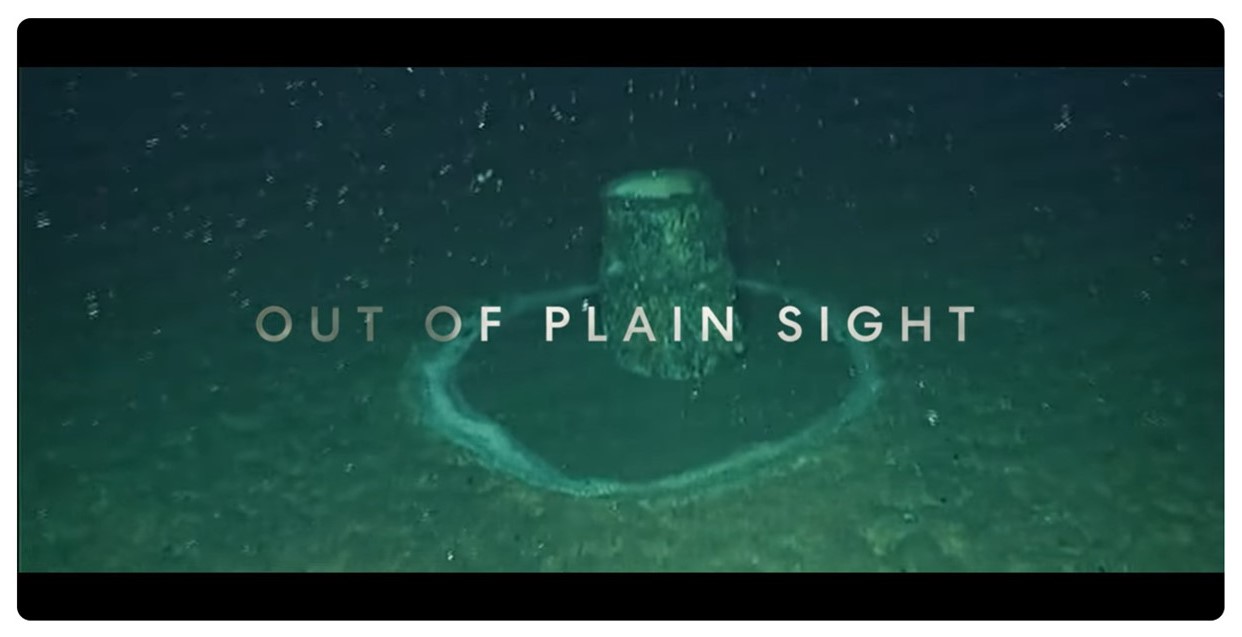
Update
PHI’s Dr. Cohn Featured in ‘Out of Plain Sight’ Documentary on DDT and Health
-
Focus Areas
Chronic Disease Prevention, Environmental Health, Women, Youth & Children -
Expertise
Research – Quantitative -
Programs
Child Health and Development Studies

PHI’s Dr. Barbara Cohn is featured in Out of Plain Sight, a new documentary exploring the health and environmental impacts of DDT on humans and ecosystems.
The film follows LA Times environmental journalist and Pulitzer Prize-finalist, Roseanna Xia, on a captivating journey as she searches to determine the health and environmental impacts of DDT—a toxic chemical commonly used as a pesticide beginning in the 1940s and later banned in the U.S. in 1972 due to rising evidence of its health threats to wildlife and humans. In 2020, Xia broke the story that as many as half a million barrels of toxic waste had been quietly dumped into the ocean decades ago, just off the coast of Los Angeles.
Dr. Cohn is the director of PHI’s Child Health and Development Studies (CHDS), which investigates how health and disease are passed on between generations—not only genetically, but also through social, personal and environmental surroundings. In the film, Dr. Cohn underscores the alarming reality that chemicals like DDT will stay in our environment for the long-term, posing health threats to humans and entire ecosystems for generations.

This is another interpretation of what 'forever chemical' means, right? When people use that term, they often think that forever means that it just sits in the environment and it never goes away. Well, the impact may be forever too.Barbara Cohn, PhD, MPH, AB
Director and Senior Research Scientist, Child Health and Development Studies, Public Health Institute
Out of Plain Sight is premiering in person on Saturday, Nov. 16th at 6 pm in New York at DOC NYC, the largest documentary film festival in the nation.
The film is scheduled to show again on Monday, Nov. 18, at 9 pm at the Village East Cinemas by Angelika. A question-and-answer session with the filmmakers will follow each in-person screening.
Can’t make it in person? Watch online at your own virtual screening, available to screen on-demand Nov. 17 to Dec. 1.
Learn more about the screenings and purchase your virtual tickets.

PHI's Child Health & Development Studies: Uncovering Cross-Generational Impacts of DDT & More
For the past six decades, the Child Health and Development Studies (CHDS) at PHI has investigated how health and disease are passed on between generations—not only genetically, but through social, personal, and environmental surroundings. The program, lauded as “a national treasure that keeps on giving” by experts at the National Institute of Environmental Health Sciences, is the only existing opportunity for research that spans three (and in some cases, four) generations, examining the impact of environmental chemicals during critical windows of pregnancy in the womb. Researchers have followed 15,000 families since 1954, revealing novel causes and contributors to cancers, preeclampsia and high blood pressure in pregnancy, SIDS, and more.
Their 54-year study on DDT exposures was the first to provide direct evidence that chemical exposures for pregnant women may have lifelong consequences for their daughters’ breast cancer risk: daughters exposed to higher levels of DDT in utero were nearly four times more likely to be diagnosed with breast cancer as adults than women who were exposed to lower levels before birth.
Explore more groundbreaking CHDS research on DDT and health across generations:
More Updates
Work With Us
You change the world. We do the rest. Explore fiscal sponsorship at PHI.
Support Us
Together, we can accelerate our response to public health’s most critical issues.
Find Employment
Begin your career at the Public Health Institute.




